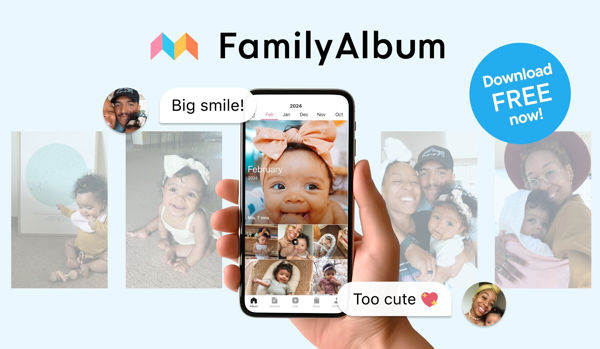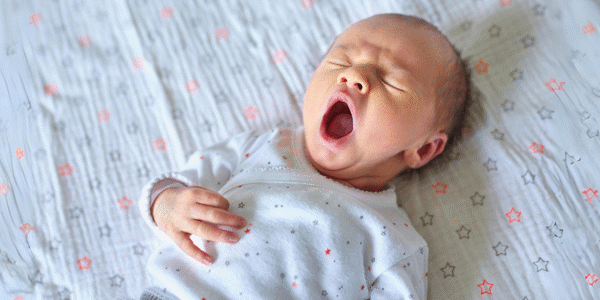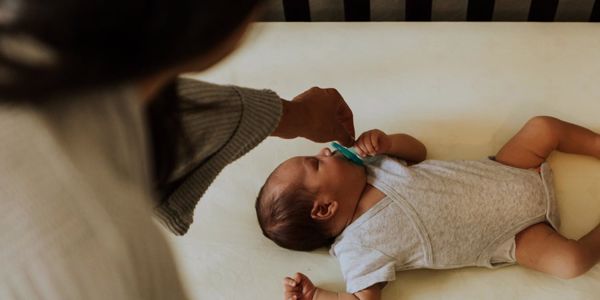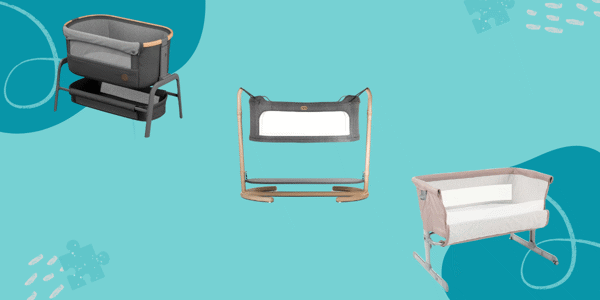Bed sharing (also known as co-sleeping) is the practice of parents and infants sleeping next to each other on one sleep surface. It’s a common tradition in many cultures, and has been practiced for the entire span of human existence! However, in our modern society, bed-sharing has become a controversial topic.
A lot of advice around bed sharing simply tells parents not to do it. But the reality is, studies have shown that around half of families will bed share at some point. The problem with promoting abstinence (like with sex education) is that people will go on to do it anyway but in unsafe ways such as sleeping with a baby on a sofa.
While the safest place for a baby to sleep is in their own empty cot, it’s important to acknowledge that co-sleeping often occurs, and that's why it's essential to be prepared for it.
Understanding Safe Bed-Sharing Practices
Choose the Right Sleeping Surface: Opt for a firm mattress with a tight-fitting sheet to provide a stable sleeping surface for you both. Avoid anything squishy like waterbeds, soft mattresses, or overly cushioned surfaces, as they can pose suffocation hazards.
Create a Safe Sleeping Environment: Clear the sleeping area of any soft bedding, pillows, blankets, or stuffed animals that could potentially cover your baby's face and obstruct their breathing. Keep the sleeping space free from clutter to reduce the risk of accidents.
Practice Safe Positioning: Put your baby down on their back to sleep, as this is the safest sleeping position to reduce the risk of sudden infant death syndrome (SIDS).
Avoid Bed Sharing if You Smoke or Are Under the Influence of Alcohol or Drugs: Smoking, alcohol consumption, and drug use are major risk factors when bed sharing. It's very important not to bed share if you are under the influence of any substances that could impair your awareness and responsiveness to your baby's needs.
Make sure the environment is safe: Ensure there is no gap for them to fall between the bed and the wall and consider installing bed guards to stop them rolling out. Never leave a baby unattended in your bed.
Only full-term, healthy babies: It’s not recommended to bed share with premature babies, or those with existing health conditions. Also – it’s worth noting that breastfeeding is a protective factor, which suggests it may be safer for breastfeeding mums.
If You Have Considered Bed Sharing, but It’s Not for You…
If you prefer to have your baby close by but want to provide a separate sleeping space, consider using a co-sleeper or sidecar cot that attaches securely to your bed. This allows your baby to sleep within arm's reach while still having their own safe sleeping area.
While promoting abstinence from bed sharing may seem the best plan, the reality is that many parents will just do it anyway. Educating about how to bed share as safely as possible can avoid unnecessary unsafe sleeping situations. Remember that every family is different, and it's essential to find what works best for you while prioritising the safety and well-being of your baby.






